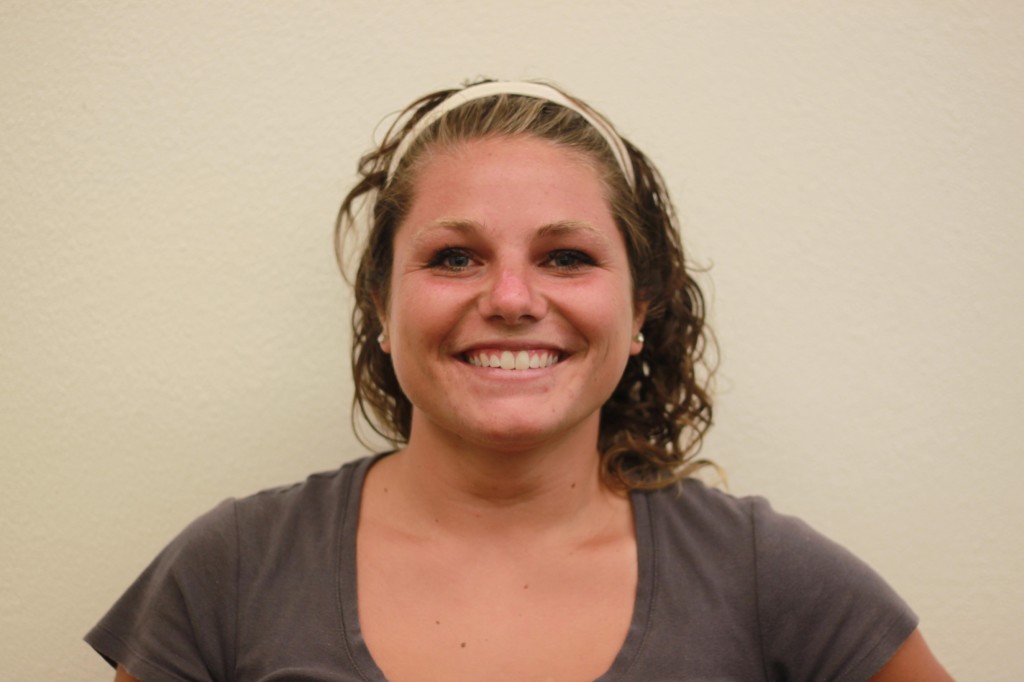Candle lit Jack O’ Lanterns glare at us through their triangle-carved eyes, battery-powered fabric ghosts scream at us at every turn and images of monsters swirl through our minds, as we are bombarded with frightful images as we get closer to Halloween.
The abundance of Halloween décor has yet to faze me because, for me and a few thousand other Diablo Valley College students, this time of the year is far more frightening for a different reason: it’s college application season.
Like many of my peers, I contemplated where I should spend the next two years of my life by looking at the requirements, grade point averages and offered majors of California’s public schools.
When weighing my options, I could not help but wonder how the ghoulish tales I heard around campus about geographic impacting will affect my application. Geographic impacting is when a California State University campus outlines their “service area” and gives priority to those who live within the boundaries.
Horror stories of students with 3.9 GPAs getting rejected to make room for local students with 2.0 GPAs scared me much more than a plastic, battery-powered rendition of Frankenstein.
As taxpaying residents of California, our hard-earned dollars are distributed equally between the 23 CSU campuses, which means as students, if we adequately meet the requirements, we should have equal access to all of the 23 state colleges we pay for.
Checking the validity of this spooky story was like going through a corn maze.
First, I checked the CSU Mentor website. Given that this may have a drastic effect on thousands of California community college students, I was surprised to find that the information is nowhere visible. Then, after typing in the words “geographic impacting” in the search engine, I saw the words mentioned with no further explanation.
I continued on to the DVC Transfer Center, where I asked various questions about impacting, all of which will directly affect my future, as well as the future of everyone who intends on sending in an application to a CSU this fall.
Apparently, some of the CSUs give grade point average bumps to students applying from their service area. Even the Transfer Center has trouble finding access to exactly how much the grade point average bump is because the information is not readily accessible.
The Transfer Center denies that it is as drastic as the ghoulish tales indicate, estimating that there is about a .2 grade point average bump for those in the service area.
According to the California Postsecondary Education Commission, 287 students transferred to California State University, East Bay and 198 transferred to San Francisco State from DVC, which is far more than any other state school. The numbers indicate that students are being driven toward their local state schools and options are being limited.
If we all pay the same amount of taxes to each school, then why are we not all part of the service area? Each school and community offers a different learning environment and students pay for the opportunity to find one in this vast state that fits them best. We pay for the options, we deserve to have them.






































































